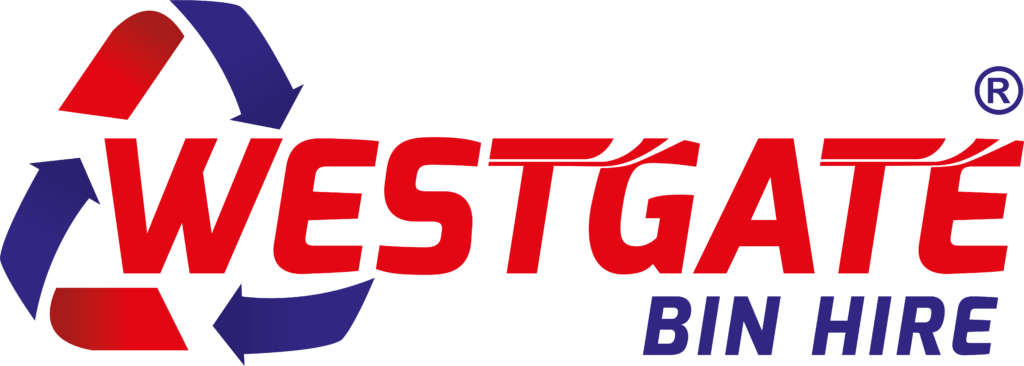In our daily lives, commonplace items like old batteries, paint, chemicals, and electronic devices may seem harmless, but improper disposal can pose a significant threat to our environment. This article explores the critical importance of safely managing hazardous waste for the well-being of our planet.
Understanding Hazardous Waste: A Hidden Danger
Hazardous waste encompasses substances with the potential to harm both human health and the environment. From solid to liquid or gaseous forms, these materials often exhibit toxic, reactive, flammable, or corrosive properties. Examples include asbestos, pesticides, chemicals, expired medications, and everyday electronic gadgets.
The Significance of Proper Disposal: Protecting People and the Planet
- Safeguarding Human Health: Incorrect disposal can contaminate air, water, and soil, leading to severe health issues like respiratory problems and skin disorders for those exposed.
- Preserving the Environment: The health of our planet is intricately tied to how we manage hazardous waste. Inadequate disposal harms ecosystems, endangers plant and animal life, and pollutes water sources.
- Compliance with Regulations: Strict disposal regulations exist in many regions. Non-compliance can result in fines, penalties, and legal consequences for individuals and businesses.
- Resource Conservation: Proper disposal aids in conserving valuable resources. Many hazardous materials can be recycled or treated, benefiting the environment and preserving resources.
Safe Disposal Practices: A Practical Guide
- Local Collection Programs: Check with your local government or waste management agency for programs facilitating the collection and disposal of hazardous waste.
- Recycling Centers: Batteries, electronics, and specific chemicals can often be recycled. Locate nearby recycling centers that accept these materials.
- Pharmacies and Medical Facilities: Safely dispose of expired medications and medical sharps at pharmacies or medical facilities.
- Reduce and Reuse: Minimize the use of hazardous materials and consider reusing items when possible.
- Adherence to Label Instructions: Follow product labels for hazardous items closely, adhering to provided disposal instructions.
Conclusion: Acting Today for a Safer Tomorrow
Properly disposing of hazardous waste is not merely a responsibility; it’s a commitment to safeguarding our health, preserving our environment, and securing the future of our planet. By adopting these simple yet impactful steps, we contribute significantly to nurturing the world we call home.
Explore more about skip bin hire in Melbourne, Australia, feel free to dive into these recommended reads for a deeper understanding of skip bin usage:
- Sustainable Waste Management in Melbourne, Australia: Unveiling the Power of Skip Bins and Beyond
- Enhancing Safety in Skip Bin Usage: A Melbourne Guide
- Emergency Waste Removal: When to Call Same-Day Skip Bin Services.
- Choosing the Right Waste Management: Skip Bin vs. Traditional Removal.
- Efficient Waste Management in Melbourne with Westgate Bin Hire.
- The Top 10 Items to Recycle in Your Skip Bin for a Greener Planet.
- The Eco-Friendly Impact of Skip Bins on Waste Management.
Embark on an enlightening journey towards sustainable waste management in Melbourne!


